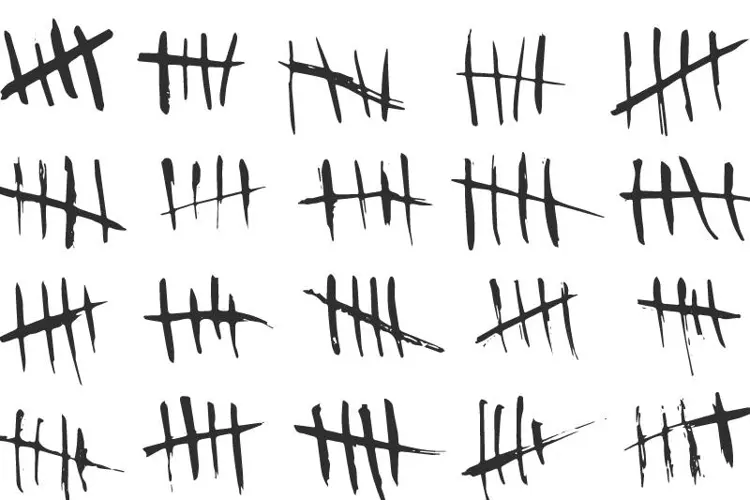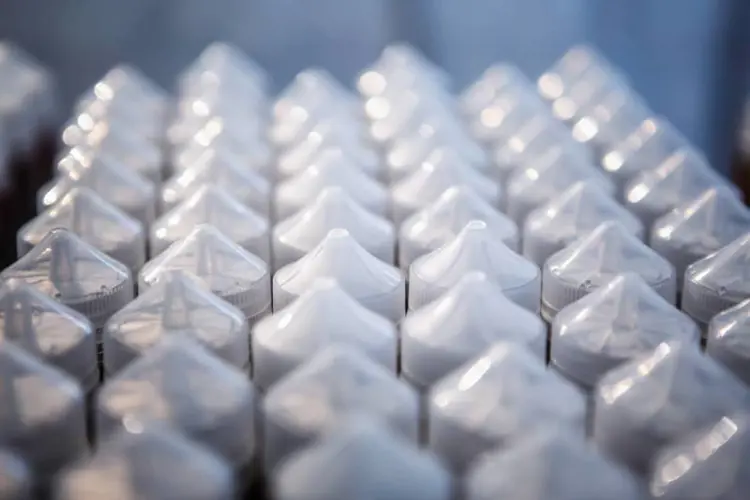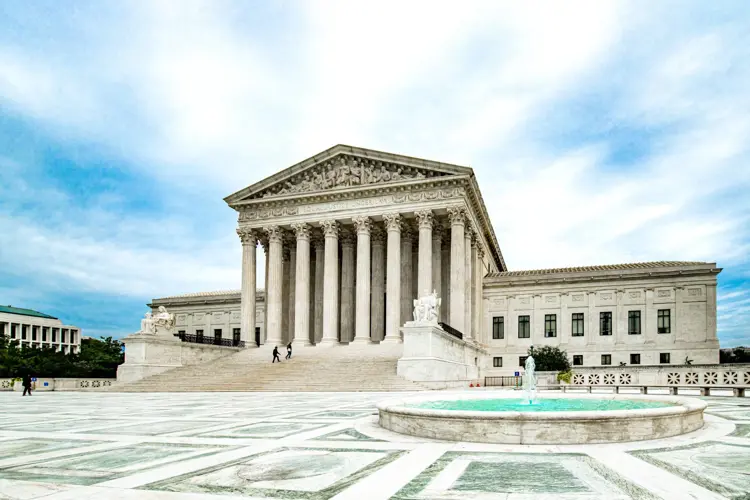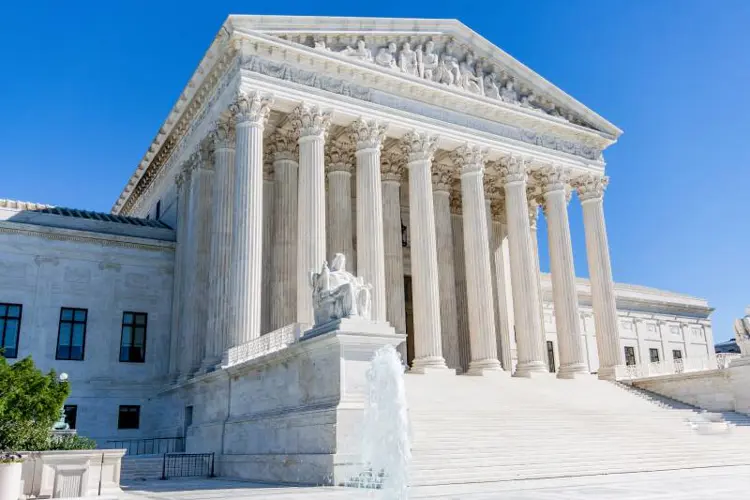April 24, 2025 - A three-judge panel of the Eleventh Circuit Court ruled unanimously to deny Bidi Vapor's petition for review of the MDO for its tobacco-flavored Bidi Classic disposable vape. The denial order is now in effect.
April 2, 2025 - An Eleventh Circuit Court panel heard oral arguments from Bidi vapor and the FDA in Bidi's appeal of the MDO for its tobacco-flavored disposable Bidi Stick Classic.
Jan. 26, 2024 - Bidi Vapor today filed a petition for review of the MDO for the Bidi Stick-Classic. The appeal was filed in the Eleventh Circuit Court of Appeals. According to a company press release, Bidi will seek a stay of the MDO pending the outcome of the appeal.
The FDA today issued a marketing denial order (MDO) for the tobacco-flavored Bidi Stick-Classic disposable vape. The decision comes while the agency continues a court-ordered second review of marketing applications for flavored Bidi Vapor products.
According to an FDA press release, Bidi’s premarket tobacco application (PMTA) “did not demonstrate an overall net benefit to people who use tobacco products and lacked sufficient evidence to address health risks.”
Bidi submitted PMTAs for multiple disposable vapes in 2020, and received MDOs for its flavored products in September 2021. Bidi immediately appealed the denial to the Eleventh Circuit Court, and in August 2022 the court ruled for Bidi (and five other vape manufacturers), ordering the FDA to re-review the denied Bidi PMTAs. Bidi’s flavored products remain under FDA review.
Previous FDA denials of tobacco-flavored closed-system products haven’t gone well for the agency. In April 2022, the FDA Center for Tobacco Products issued an MDO to Fontem US for its myblu device and multiple refill pods, including several tobacco-flavored pods. Last August, the District of Columbia Circuit Court of Appeals ruled for Fontem on the device and tobacco-flavored refills, but upheld the FDA’s denials of non-tobacco-flavored refills.
Whether Bidi's parent company can afford another round of litigation is an open question.
In the final two months of 2024, they lost their CEO and received a notification of deficiency from Nasdaq for failing to hold an annual meeting.
You can guess what FDA is hoping for. pic.twitter.com/unvdOsfHCf
— Gregory Conley (@GregTHR) January 22, 2024
The FDA also issued an MDO to Juul Labs, ordering the company in June 2022 to remove all JUUL products from the market, including tobacco-flavored JUUL refill pods. However, soon after the D.C. Circuit Court of Appeals stayed the FDA denial, the agency backed down and voluntarily ordered a second scientific review.
The FDA Center for Tobacco Products has authorized just seven e-liquid-based vaping devices since it granted itself regulatory authority over e-cigarettes in 2016. All of the authorized products are tobacco-flavored, and none are refillable. All are made by manufacturers owned by three major tobacco companies—Altria Group (NJOY), Japan Tobacco International (Logic), and R.J. Reynolds/British American Tobacco (Vuse).
The FDA has not authorized any vaping products since current FDA Center for Tobacco Products Director Brian King was appointed in July 2022.
Dozens of vaping manufacturers have challenged FDA marketing denial orders in court. Two federal appeals courts have issued rulings against the agency, including the Fifth Circuit Court’s blockbuster Triton Distribution decision earlier this month.
The Freemax REXA PRO and REXA SMART are highly advanced pod vapes, offering seemingly endless features, beautiful touchscreens, and new DUOMAX pods.
The OXVA XLIM Pro 2 DNA is powered by a custom-made Evolv DNA chipset, offering a Replay function and dry hit protection. Read our review to find out more.
The SKE Bar is a 2 mL replaceable pod vape with a 500 mAh battery, a 1.2-ohm mesh coil, and 35 flavors to choose from in 2% nicotine.
Because of declining cigarette sales, state governments in the U.S. and countries around the world are looking to vapor products as a new source of tax revenue.
The legal age to buy e-cigarettes and other vaping products varies around the world. The United States recently changed the legal minimum sales age to 21.
A list of vaping product flavor bans and online sales bans in the United States, and sales and possession bans in other countries.
















